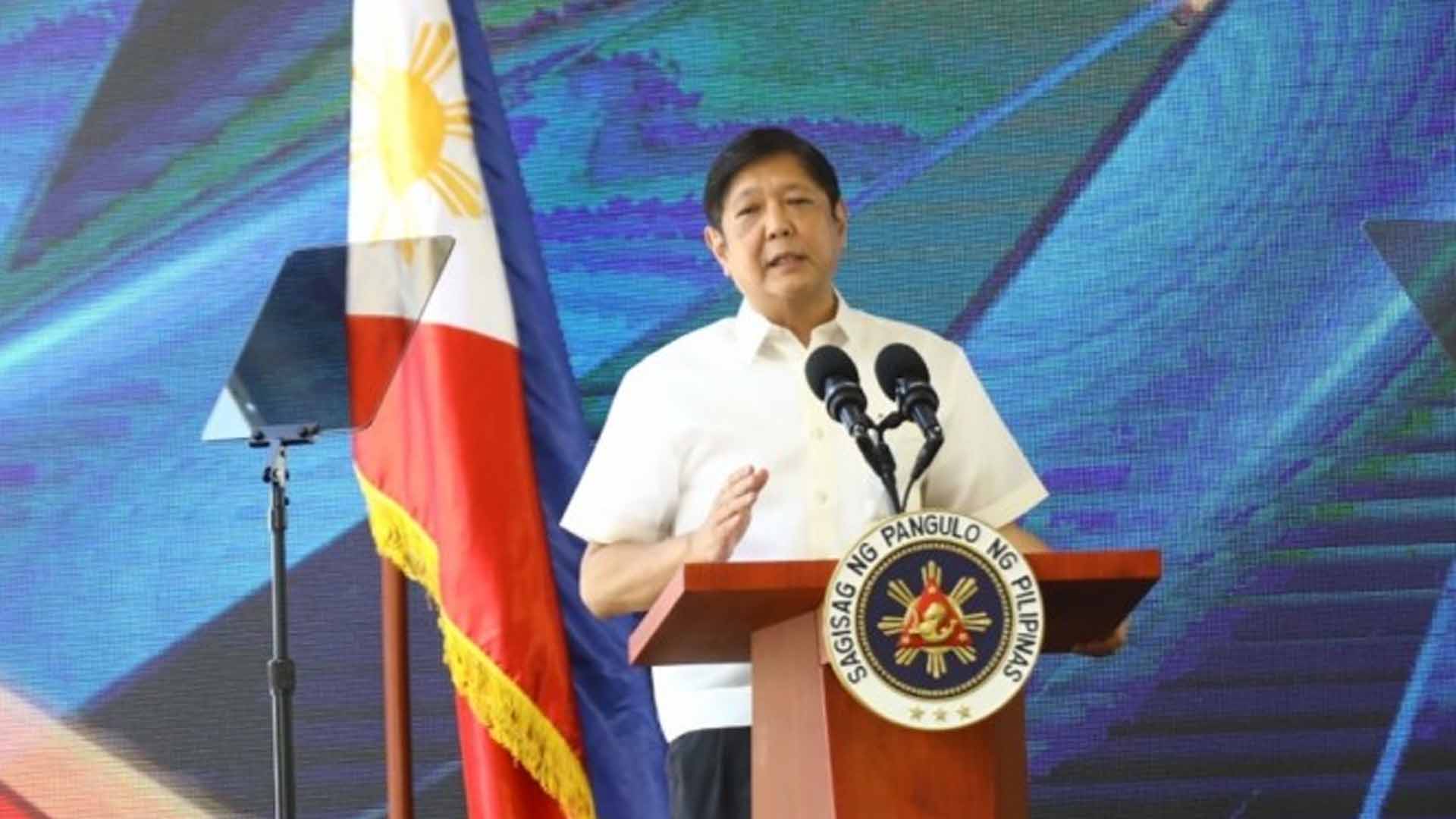President Ferdinand “Bongbong” Marcos Jr. believes that mental health should be a global priority.
He made this remark as the Philippines joins the world in celebration of World Mental Health Day, which aims to raise awareness of mental health issues and mobilize efforts in support of mental health.
“Ang kalusugang pangkaisipan ay nararapat na maging bahagi ng mga prayoridad na usaping pandaigdigan — kasama ng climate change, kahirapan at kapayapaan (Mental health should be part of the priority global issues — along with climate change, poverty and peace),” Marcos said in his official Facebook page.
Because the Covid-19 pandemic amplified more serious mental health problems, Marcos underscored the importance of fostering kindness.
“Sa pinagdaanan nating krisis sa nakaraang dalawang taon, sinubok nang labis ang tatag ng ating isipan kaya’t ang pagmamalasakit at kabutihan sa kapwa ay kinakailangan ngayon higit kailanman (In the crisis we have gone through in the past two years, our mental stability has been tested so much that caring and kindness to others is needed now more than ever),” he said.
“Maging maingat at suportahan natin ang isa’t isa (Be careful and let’s support each other),” he added.
The World Health Organization’s theme for Mental Health Awareness Month this October is “Make mental health and well-being for all a global priority.”
Meantime, the National Mental Health Week in the country would be from Oct. 10 to 16.
Department of Health (DOH) Officer-in-Charge Maria Rosario Vergeire attended the Medical City’s First International Conference in Clinical and Translational Research held at the Barcelon Auditorium, The Medical City, Ortigas on Monday.
In her speech, Vergeire addressed the participants of the conference, underscoring the crucial role of clinical and translational research in developing new technologies and ways to mitigate the effects of the pandemic and combat other threats to health.
“In shifting our focus away from Covid-19 towards Universal Health Care, it is necessary to use research to develop evidence-based and evidence-informed health policies that will allow us to create a resilient and responsive health system,” she said.
She also urged participants to continue using research to anchor policies on reliable evidence and help people make informed decisions on health. (PNA)








